Charitable Giving

Charitable giving plays a vital role in supporting nonprofit organizations, with many Americans contributing to causes that align with their values. The average charitable donor in the U.S. is 64 years old and makes two donations per year. According to J.P. Morgan, in 2022, individuals earning over $10 million annually donated 9.3% of their income to charity, while 55.5% of general households contributed as well. In 2023, total charitable giving in the U.S. reached $557.16 billion, with individual donors contributing $374.40 billion, an increase of 1.6% from the previous year.
Nonprofits rely on these generous contributions to continue their missions, with religious organizations, human services, and education receiving the most donations, followed by health and public-society benefit organizations. People donate for various reasons—some feel a deep sense of social responsibility, others want to give back to a cause they believe in, and many are motivated by personal experiences. For those with significant assets, charitable giving can also provide tax benefits by reducing taxable income.
However, charitable donations, particularly large ones involving real estate, can sometimes create conflicts within families. When an older individual wishes to donate a property to a cause they cherish, their vision may not always align with their heirs' expectations. Finding a financial solution that benefits all parties while honoring the donor’s wishes is crucial.
Case Study: Charitable Giving Using Home Equity
Let me share a real-life story, I was referred to a wonderful 83 yr. old woman by her Financial Planner who like me is a CFP. It was her desire to gift her home to a Hospital Foundation who had treated her late husband during his lingering illness. She shared with me that her children were not in favor of gifting her home because the home was in Cardiff overlooking the beach and they wanted it to remain in the family. After lengthy discussions with her, her Children, her Financial Advisor and CPA, I shared with them a new idea on how to make a gift to the Hospital Foundation that would allow her to keep her home and still give the Hospital $1M now.
I recommended her using a Jumbo Reverse Mortgage, she could withdraw up to $2 M of her Home Equity which was enough to pay off the existing mortgage of $400,000, make a gift of $1 million to the Hospital Foundation and have a ten-year line of credit for the remaining $600,000.
Her total net worth is $6.5M including her home which was appraised at just over $4 million.
The payment flexibility of the reverse mortgage does not require a monthly payment, she must continue to pay real estate taxes and homeowners’ insurance.
Her cash flow improved by $2,800 per month because she no longer had mortgage payments to the previous lender. Her gift also allows for an IRS charitable tax deduction of up to 60% of her AGI ($170K) each year with a carry forward until fully utilized.
Now let’s consider the economic effect on the estate. The property appraised at $4 million and let’s apply a modest 4% appreciation rate which increases the property value $160,000 annually.
The debt of $1.4 million (remember no interest accrual for the line of credit of $600,000 until used) accrues at say a rate of 7% or $98,000 per year.
The appreciation still outpaces the accrued interest by $62,000 per year.
We fast forward to the time of her death. The children inherit the home and other assets on a step-up in basis. To keep the home the children can refinance the home or sell other assets without capital gains tax to retire the debt on the home. The accrued interest on the loan when paid by her children can be taken as a deduction against any other taxes due at death.
The Hospital Foundation received a major gift sooner than anticipated.
She was able to help the charity today, improve her monthly cash flow, receive some nice income tax benefits, and build an envious family legacy.
This same technique can be helpful for trust and estate planners, foundations, and tax planners to share with other charities.
I am on the board of directors of a well-known charitable organization and know first-hand just how difficult it is for securing major donations.
Could This Strategy Benefit Your Clients? Let’s Find Out!
Do any of your clients fit this scenario? Retirement in Reverse would be happy to provide a customized, hypothetical scenario to help you assess if this strategy could be a valuable solution. Let’s explore how we can make it work for your clients!
Who would have ever thought you could use a reverse mortgage for this?
Today’s reverse mortgage is no longer the loan of last resort. It’s a flexible financial tool that can be used strategically for:
- Charitable giving
- Buy-sell agreements
- Paying for long-term care or in-home support
- Funding a business venture
- Helping Grandkids Fund College Expense
- Gift down payment to your Kids
- Any many more….
It’s all about what the money costs. It’s just math.
Retirement In Reverse offers Objective, Competent Advice to help you make informative decisions for your clients.
Furthermore, we have No Conflict of Interest, as we do not sell Financial Product, nor enter into financial planning engagements. We share your commitment to your clients’ financial stability and quality of life.



